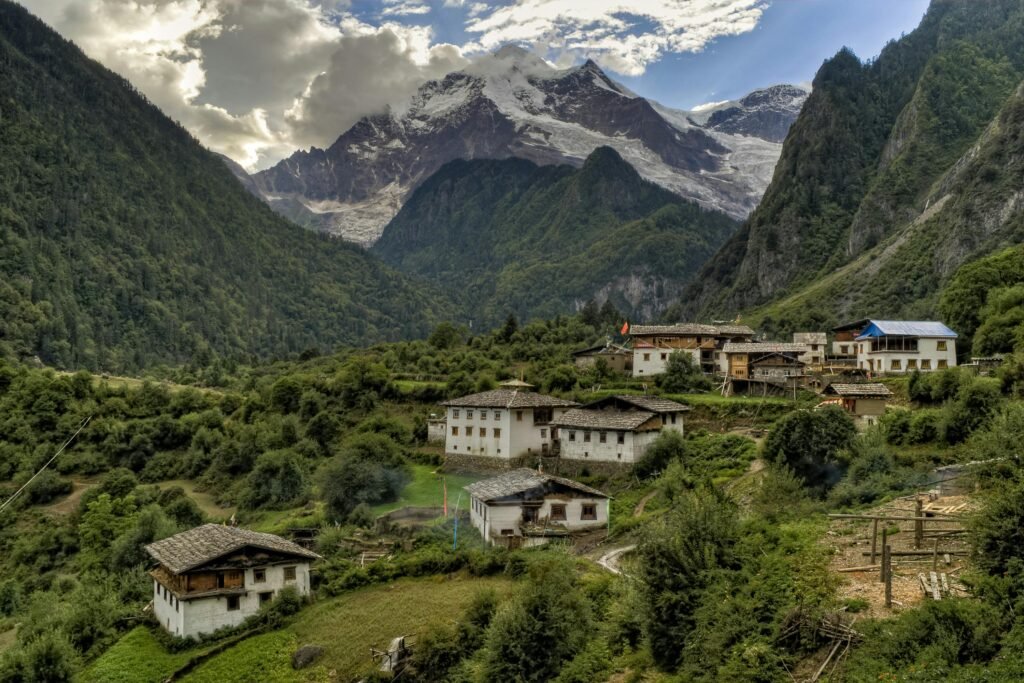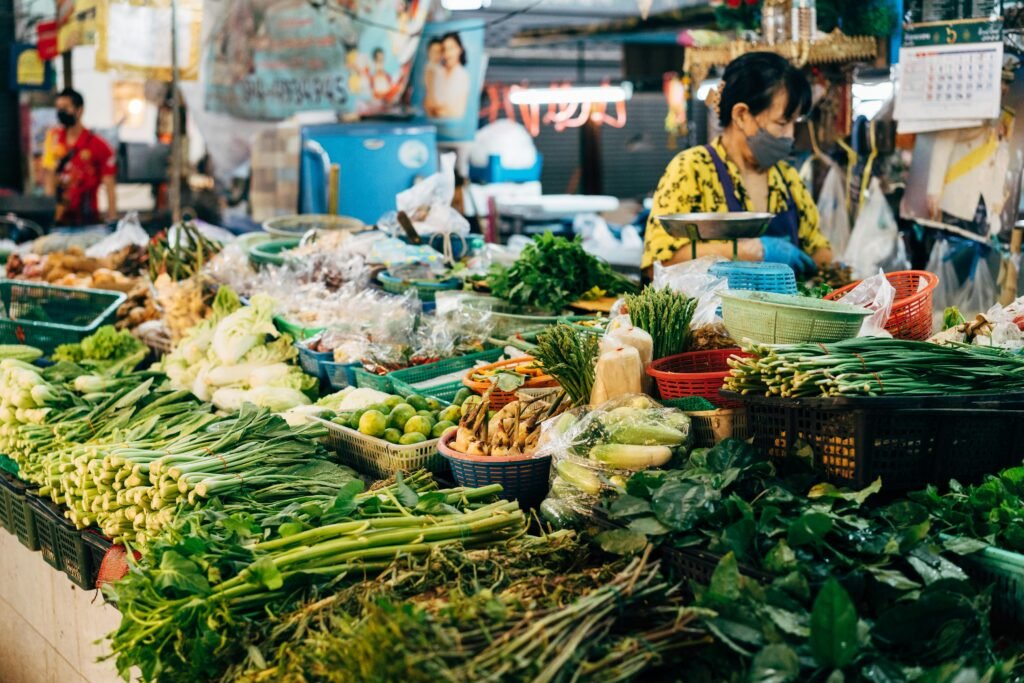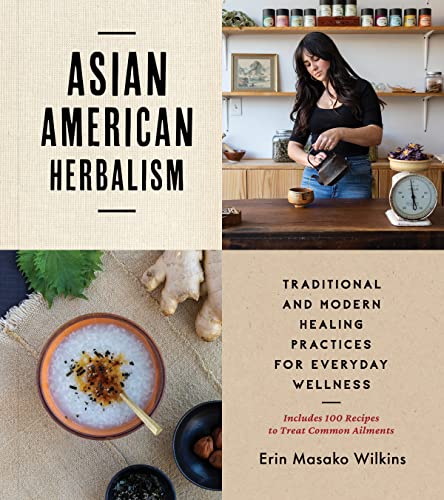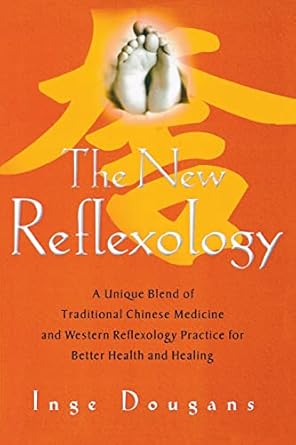Introduction to Indigenous Wisdom
Indigenous communities worldwide possess a rich tapestry of knowledge that underscores the profound connection between health and a balanced lifestyle. Central to their philosophies is the belief that well-being stems from a harmonious relationship between the body, mind, and spirit. This holistic perspective emphasizes that health is not merely the absence of illness but an intricate balance that encompasses physical, mental, and spiritual dimensions.

The teachings from these communities advocate for an interconnected approach to health, where nature, community, and individual wellness play pivotal roles. For instance, many indigenous cultures emphasize the importance of traditional diets, which are closely linked to seasonal cycles and local biodiversity. These practices not only nourish the body but also foster a sense of belonging and cultural identity. Furthermore, the integration of mindfulness practices, such as meditation and rituals, assists in cultivating mental clarity and emotional resilience. The spiritual component is equally essential, with many indigenous traditions encouraging a deep reverence for nature and ancestral wisdom.
This balance in health can serve as a guiding principle for individuals seeking to enhance their overall well-being, especially during travel, where routines often become disrupted. By adopting some of these indigenous lessons, travelers can find ways to maintain harmony even in unfamiliar environments. Seeking spaces that promote relaxation and reflection, eating mindfully, and engaging with local communities can transform the travel experience into one that nurtures the body, mind, and spirit.
As we delve deeper into the principles and practical applications of indigenous wisdom throughout this exploration, we will uncover various strategies to incorporate balance into modern lifestyles, guiding us toward enriched health and well-being.
The Importance of Connection to Nature
Indigenous communities around the globe possess a profound connection to nature that plays a crucial role in their physical and spiritual well-being. This bond manifests in various practices, such as foraging, hunting, and farming, which not only provide sustenance but also foster a sense of community and belonging. Engaging directly with the environment allows individuals to build a comprehensive understanding of their surroundings, thereby cultivating respect and an appreciation for the ecosystems they inhabit.

Foraging, for instance, is more than just a means of gathering food; it is an educational process that teaches members of these communities about local flora and fauna. The knowledge passed down through generations regarding edible plants, medicinal herbs, and seasonal changes aids in sustaining healthy lifestyles. Such practices enhance individuals’ physical health while also encouraging a deeper spiritual connection to the land. This connection reminds community members of the interdependence among all living beings, promoting ecological mindfulness.
Hunting practices in indigenous cultures are often steeped in tradition and carry a sense of reverence for the animals that provide for them. Sustainable hunting techniques ensure that local wildlife populations remain healthy while allowing community members to benefit from nutritional, cultural, and spiritual dimensions of these activities. Furthermore, this practice strengthens familial bonds as multiple generations participate in the rituals surrounding hunting.
Similarly, traditional farming practices highlight the importance of harmony with nature. Many indigenous farms employ techniques that enhance soil health, prioritize biodiversity, and mitigate the effects of climate change. These practices reinforce a relationship with the land based on reciprocity, where the well-being of the environment directly impacts the well-being of the community.
Reflecting on personal experiences while traveling to diverse indigenous communities, one cannot help but recognize how their connection to nature serves as a vital component of their overall health. Engaging in these practices can provide valuable lessons for modern society, highlighting the essential balance between people and the environment.
Community and Collective Health
In indigenous societies, the notion of health extends beyond the individual to encompass the collective strength and well-being of the community. These communities often emphasize communal practices that foster social bonds and mutual support, which are seen as vital components of overall health. The interconnectedness of individuals within a community plays a significant role in maintaining balance and harmony, both physically and mentally.

One prominent aspect of community health in indigenous cultures is the practice of collective gatherings and ceremonies. Such events serve not only as occasions for celebration but also as opportunities for individuals to come together, share their stories, and support each other. These gatherings reinforce social connections and provide an essential support system that enhances overall well-being. The concept of ‘Ubuntu,’ which translates to “I am because we are,” encapsulates this philosophy, illustrating how the health of the individual is inherently linked to the health of the community.
Additionally, traditional healing practices often involve the participation of community members. Elders and knowledgeable individuals share their wisdom and methods, fostering an environment of learning and nurturing. This communal approach not only strengthens interpersonal relationships but also empowers individuals, reinforcing a sense of belonging and responsibility towards each other. Through engagement with local communities during travels, visitors can experience firsthand the profound impact of these social connections on health and well-being.
Engaging with indigenous communities highlights the significance of togetherness and collective health as vital lessons that can be applied universally. The practices observed promote a holistic understanding of health, where individual wellness is intertwined with that of the community. Recognizing the value of collective engagement offers modern societies insights into fostering stronger, healthier communities capable of supporting each member in achieving balance and well-being.
Traditional Healing Practices
Traditional healing practices among Indigenous communities are deeply rooted in their cultural heritage and worldview, emphasizing an integrative approach to health that encompasses physical, mental, and spiritual well-being. Herbal medicine plays a crucial role in these traditions, where practitioners utilize a diverse range of plants, often selected for their medicinal properties, to treat various ailments. These remedies are not only based on empirical knowledge passed down through generations but also align with a holistic understanding of health that recognizes the interconnectedness of body, mind, and spirit.
Rituals and spiritual ceremonies further enhance these traditional healing practices, providing a framework for individuals to connect with their cultural identity and the natural world. These ceremonies often invoke ancestral spirits and involve symbolic acts that serve to restore balance and harmony within the individual’s life. For instance, in many Indigenous cultures, ceremonies like sweat lodges, vision quests, or talking circles facilitate healing by allowing individuals to reflect on personal challenges and engage in communal support. Such experiences provide profound insights into the psychological and spiritual dimensions of health, emphasizing that healing is not merely a physical endeavor but a holistic process requiring emotional and spiritual engagement.
During my travels, I have had the privilege of participating in various traditional healing practices. These experiences have significantly broadened my understanding of health, highlighting how cultural beliefs shape perceptions of well-being. Observing the connection between individuals and their community reinforces the idea that health extends beyond individualistic approaches to treatment. The lessons learned from these Indigenous practices challenge modern healthcare paradigms, encouraging a broader acceptance of holistic methods that incorporate mental and spiritual wellness alongside physical healing. Ultimately, the integration of these traditional practices can contribute to a more comprehensive approach to health that honors diversity in healing traditions.
Food as Medicine
Indigenous communities have long understood the profound connection between food and health, often referring to food as medicine. This perspective is rooted in a deep cultural significance attributed to traditional foods, which are not merely seen as sustenance but as essential elements of identity and spirituality. Each indigenous group has unique dietary practices that reflect their environment, culture, and history, emphasizing the importance of locally sourced and seasonal ingredients.
Culturally significant foods, such as wild rice, salmon, bison, and various native plants, illustrate the intricate relationships indigenous peoples maintain with their land. These foods are often rich in nutrients and have been integrated into communal rituals that celebrate health and well-being. For instance, the gathering of wild herbs or the first catch of the season is celebrated, signifying not just sustenance but a connection to ancestry and the cycles of nature.

The dietary diversity found in indigenous food systems is another crucial aspect that supports holistic well-being. Rather than focusing solely on caloric intake, traditional diets emphasize variety and balance, incorporating a wide range of fruits, vegetables, grains, and proteins. This diversity promotes not only physical health but also emotional and spiritual balance, as food is often intertwined with community gatherings, storytelling, and cultural rituals.
During my travels to various indigenous communities, I had the opportunity to partake in traditional meals, which were rich in flavor and meaning. One memorable experience was sharing in a feast that included freshly caught fish, wild rice, and foraged greens. The stories shared over the meal highlighted the connection between food practices and identity, illustrating how deeply entrenched these practices are within the community’s fabric. Through these experiences, I came to appreciate the significance of food as medicine—a concept that extends beyond nutrition to touch upon communal ties, cultural heritage, and spiritual health.
Mindfulness and Spiritual Practices
Mindfulness and spiritual practices are deeply entrenched in the traditions of many indigenous cultures, offering valuable lessons that can aid individuals in finding balance amidst the demands of modern life. These practices encompass a range of rituals, meditative exercises, and storytelling, each contributing to a holistic sense of well-being. By engaging with these indigenous methodologies, one can discover transformative pathways that foster grounding and a profound sense of purpose.
One of the fundamental aspects of mindfulness in indigenous communities is the practice of meditation, often embedded within daily rituals. These meditative techniques assist individuals in reconnecting with themselves and their surroundings, promoting a state of awareness that can mitigate feelings of anxiety and chaos often experienced while traveling. Rather than merely escaping into the distractions of external environments, practitioners are encouraged to center their thoughts and feelings, allowing them to fully engage with their journey. This conscious awareness not only aids in developing resilience but also enhances one’s appreciation of the present moment.
Storytelling is another pivotal practice found in many indigenous cultures, serving as a means to pass down knowledge and wisdom through generations. These narratives provide not only entertainment but also a framework for understanding life’s experiences, including challenges and triumphs. Engaging with these stories while traveling can ground individuals, offering perspectives that encourage reflection and deeper connections to the cultures encountered. Listening to or sharing these tales allows travelers to transcend geographical boundaries, making their journeys more meaningful.
Furthermore, participating in rituals—be they communal or solitary—creates a sacred space for introspection and connection. These rituals often involve elements from nature, emphasizing the interconnectedness of all life. In adopting such practices during travel, individuals can cultivate a sense of belonging, both to the journey and the world around them. Ultimately, by integrating mindfulness and spiritual practices rooted in indigenous traditions, travelers can unlock profound insights that greatly enhance their experiences.
Modern Challenges and Adaptation
Indigenous communities around the globe are grappling with numerous modern challenges, primarily influenced by the forces of globalization and urbanization. These challenges often lead to a disconnection between traditional health practices and the demands of contemporary life. The rapid influx of modern influences can overshadow indigenous wisdom, which has been cultivated over generations. In my travels, I observed firsthand how certain communities are striving to maintain their cultural identity while adapting to new societal norms.
One significant challenge is the erosion of traditional lifestyles due to the pressure to conform to modern economic systems. As indigenous peoples are integrated into national and global economies, there is often a shift away from subsistence practices, which are closely linked to community health. In particular, the loss of access to traditional foods and healing practices contributes to health disparities that many indigenous populations face today.
Furthermore, urbanization can result in a loss of land and natural resources, which are crucial for the preservation of traditional healing practices and the general well-being of indigenous communities. Many individuals have had to migrate to urban settings in search of better employment opportunities, often leaving behind the support systems deeply rooted in their traditional environments. This displacement can disrupt their connection to cultural heritage and traditional health practices.
To overcome these modern challenges, many communities are finding ways to blend traditional knowledge with contemporary approaches. This includes initiatives where elders educate younger generations about their cultural practices while integrating modern health paradigms. For example, some communities are now partnering with healthcare professionals to promote holistic health models that honor indigenous practices alongside established medical frameworks.
Ultimately, the journey towards achieving health equity in indigenous communities involves recognizing and respecting traditional knowledge while also adapting to the realities of modern society. This dual approach may serve as a beacon of hope amidst the complexities of globalization.
Lessons Learned from Travel Experiences
Traveling to various indigenous communities has profoundly shaped my understanding of health and wellness. Each visit offered unique insights into how these communities maintain a harmonious balance among their physical, emotional, and spiritual well-being. One striking observation is the deep-rooted connection these communities have with nature. They demonstrate a profound respect for the environment, recognizing that a healthy ecosystem directly contributes to their health. For instance, I witnessed how the harvesting of local plants for medicine not only serves a practical purpose but also fosters a spiritual connection to the land. This instilled a sense of responsibility in me to consider the environment’s role in personal health.
Additionally, the emphasis on community and relational bonds in indigenous cultures stands out as a vital lesson. In many of the communities I visited, social structure plays a crucial role in individual well-being. Regular gatherings, shared meals, and communal rituals foster a sense of belonging, which is integral to emotional health. These experiences highlighted the importance of nurturing relationships with family and community, motivating me to prioritize social connections in my life. The practices observed reflect a strong belief that collective wellness positively influences individual well-being.
Moreover, the spiritual practices I encountered during my travels resonated deeply with me. Many indigenous peoples engage in rituals that promote spiritual balance, such as storytelling, drumming, and meditation. These activities were not merely cultural expressions; they served as necessary components of health and wellness. Learning to incorporate mindfulness and reflection into my daily routine has proven beneficial in achieving emotional equilibrium. Through this journey of learning, I have gained a broader understanding of wellness, emphasizing balance in all aspects of life. These experiences serve as a guide, reminding me that health extends beyond the physical into emotional and spiritual realms.
Embracing Balance in Everyday Life
Indigenous communities offer invaluable health lessons that can significantly enhance our daily lives. Central to these teachings is the idea of balance, which encompasses physical, emotional, and spiritual well-being. By integrating the wisdom of indigenous practices into our modern lifestyle, we can foster a holistic sense of health that aligns with nature and community.
One practical approach to embracing balance is through regular connection with nature. Indigenous cultures emphasize the importance of the natural world, viewing it as a source of healing and nourishment. Incorporating nature walks, gardening, or simply spending time outdoors can restore a sense of peace and grounding. Establishing a routine that includes these activities can help individuals feel more connected to their environment and themselves.

Additionally, the concept of sharing and community bonding is prevalent in indigenous teachings. Building strong relationships with family and friends can provide emotional support and foster resilience. Engaging in communal activities, such as joint meals and celebration ceremonies, can enhance social ties and promote collective health, embodying the interconnectedness that many indigenous cultures prioritize.
Mindfulness and cultural practices, such as traditional storytelling and art, also serve as essential components of achieving balance. These activities can cultivate a sense of identity and belonging, essential to emotional well-being. Setting aside time for creative expression and reflection can lead to greater self-awareness and stress reduction.
Moreover, the practice of moderation in daily habits, from diet to work-life balance, is crucial. Indigenous approaches often encourage consuming locally sourced, nutritious foods mindfully, aligning one’s diet with seasonal changes and local ecosystems. This not only supports physical health but also reinforces a respectful relationship with the land.
In conclusion, by incorporating these lessons from indigenous communities, individuals can create a balanced, fulfilling daily life. The harmony between nature, community, and personal well-being nurtures resilience and vitality, paving the way for a healthier future. Embracing these principles can lead to profound improvements in overall health and happiness.



